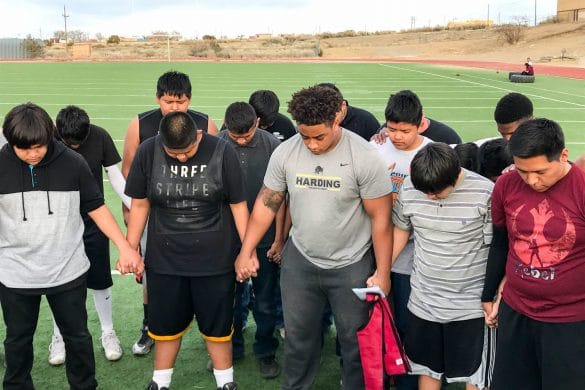As a teenager, nothing is more frustrating than being asked, “What do you want to do?” I say “almost” because I believe that it is more frustrating to get to college and find that people ask you as an adult twenty-something “What can you do with that?” As an English major, I get that a lot. It’s part of the reason I love “Dead Poets Society;” it shows to show that language helps us to do anything and everything, because it gets at what it means to be human. John Keating (played by Robin Williams) sums the core lesson of the movie: “We don’t read and write poetry because it’s cute. We read and write poetry because we are members of the human race and the human race, is filled with passion. And medicine, law, business, engineering—these are noble pursuits and necessary to sustain life. But poetry, beauty, romance, love, these are what we stay alive for.”
Keating spends the course of the movie trying to teach his class to share his passion and to love what he loves. I understand this sounds like a pointless endeavor, and believe me, I thought so too. However, that’s one of the things that makes “Dead Poet Society” amazing. Keating, rather than lecturing and forcing the students to like poetry because he does, spends his time showing them what the principles being extolled actually look like. You generally don’t shove Shakespeare under the nose of a guy whose life is sports, demand he read and come away with him loving the work. You show him his game through new eyes – the valor of his fellow teammates as King Henry proclaims their fraternity, lays claim to their victory and breaks through the defense for the right to be champions.
“Dead Poet’s Society,” from the whistled 1812 Overture to the final thanks, is the story of life and humanity, growth and loss, trials, betrayal, friendship and the search for meaning. If you haven’t seen it and have two free hours, look into it. You won’t regret it.





